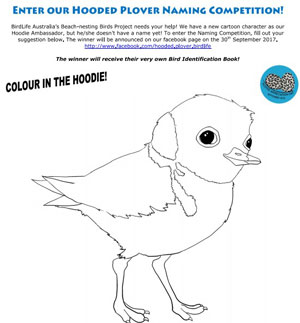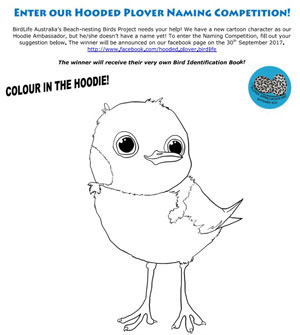Plover Appreciation Day
16 September 2017
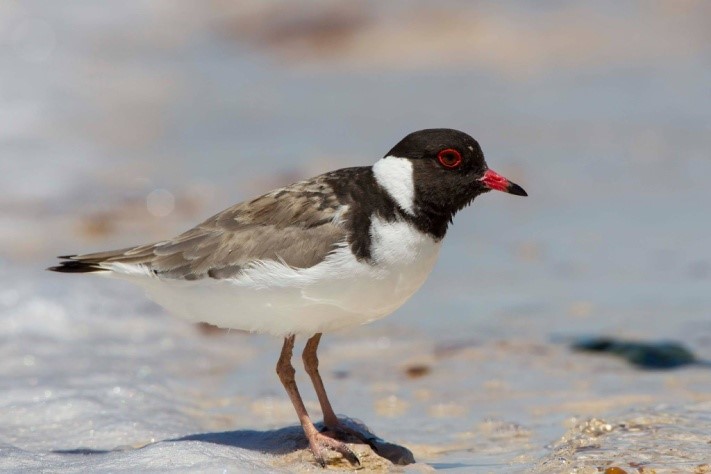
Help celebrate the third international Plover Appreciation Day on Saturday 16th September 2017.
This special day is aimed at raising awareness of the plight of ground nesting plovers around the world. Bring the children down to the Apollo Bay market where they can enter the Hooded Plover naming competition and/or colour in a Hoodie - the bird, not a windcheater.
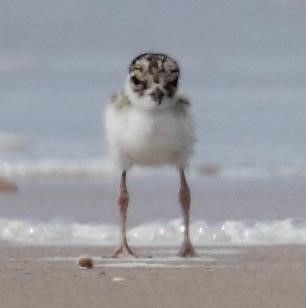
Many plover species are highly threatened, largely due to their habitats being some of the most popular for human recreation, e.g. the beach, and shores of lakes and wetlands. This habitat dependence, together with highly camouflaged nests and cryptic behaviours, means that humans can have major impacts on the survival of eggs and chicks, without even knowing it! The key to coexistence between people and plovers is awareness, understanding and sharing space with them.
The Hooded Plover is a medium-sized (20 cm), sandy-brown plover with a black hood and is listed as Vulnerable in Victoria. It exclusively inhabits sandy ocean beaches that are exposed to the constant might of the swell. There it picks tiny invertebrates from the sand near the water’s edge, and lays its eggs in a shallow scrape in the sand.
Hooded Plovers can be found on the beaches and rock platforms around Apollo Bay so when you are walking on the beach, watch out for these little guys. Please observe any fencing and signs you might see, keep your dog on the lead and keep moving. An adult bird pretending it is injured is a sure sign that eggs or chicks are nearby.
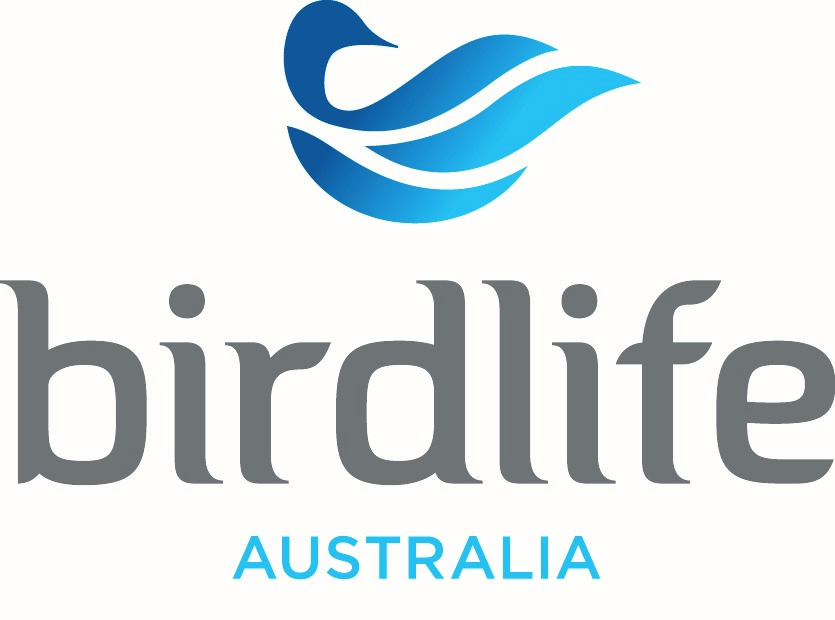
By the way, don’t confuse the Hooded Plover with the more numerous and noisy cousin the Masked Lapwing (or Spur-winged Plover). The Masked Lapwing is twice the size and aggressively defends its nest and chicks from all predators, including humans, by attacking them!
Sylvia Van der Peet (For Birdlife Australia)
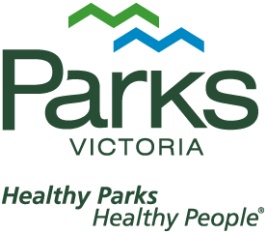
For more information or to become involved as a Hooded Plover volunteer please contact:
Gary Summers
Ranger, Apollo Bay
0457 704 436
or Birdlife Australia on (03) 9347 0757 or visit birdlife.org.au/projects/beach-nesting-birds.

